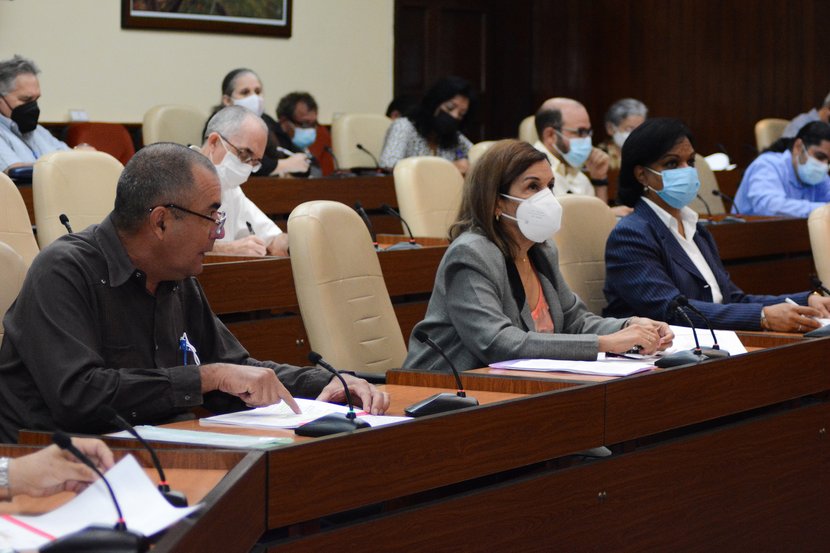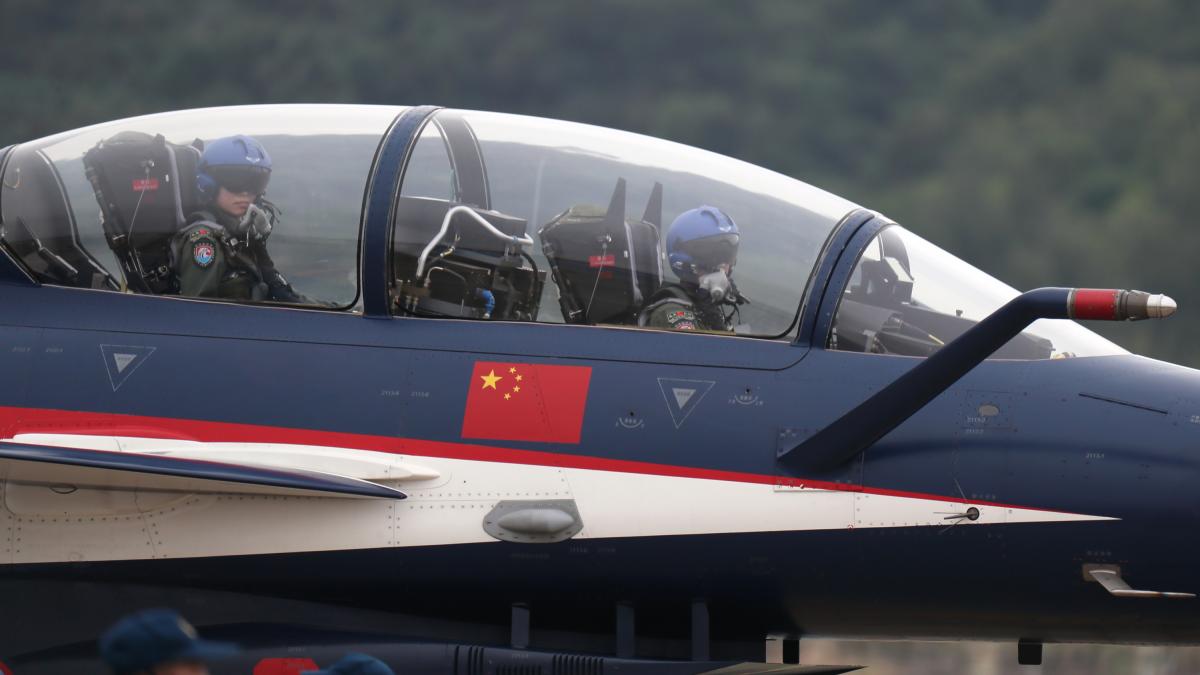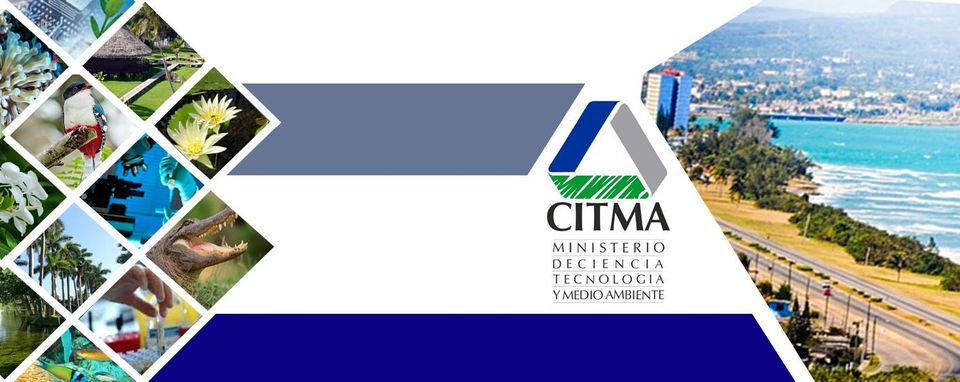Since the beginning of the Revolution, thanks to Fidel’s vision, the national agricultural sector is where a system of science, technology and innovation has been promoted the most; however, we have not achieved the results that we should have in food production.
The First Secretary of the Party Central Committee, Miguel Díaz-Canel Bermúdez, underlined the above in a meeting with state and business authorities and scientists and experts in order to evaluate the implementation of the Government Management System based on Science and Innovation (SGGCI) in the agriculture.
Food production, agriculture, as a primary sector, has to develop; It is a pending task that we must resolve despite the low availability of resources and the blockade of the US government, but we have been in this debate for years and we are not making progress, he emphasized.
The members of the Political Bureau, Manuel Marrero Cruz, Prime Minister, and Salvador Valdés Mesa, Vice President of the Republic participated in the discussion of such an urgent matter, held this Wednesday morning.
Also present were Jorge Luis Broche Lorenzo, member of the Secretariat of the Central Committee of the Party, Vice Prime Minister Inés María Chapman Waugh and the head of the Science, Technology and Environment portfolio (Citma), Elba Rosa Pérez Montoya.
The exchange began with a presentation by the head of the Ministry of Agriculture (Minag), Idael Pérez Brito, who reviewed the SGGCI in a field that employs more than 870,000 workers in business, budgeted and non-state areas ( in the latter is 66 percent of its workforce).
Regarding the main challenges of the SGGCI in the sector, he identified those related to human potential, the productive sector, the knowledge sector, financing and territorial development, among others.
One of the greatest challenges – explained Pérez Brito – is in human capital, in the sense of guaranteeing the permanence of the labor force (worker, technical and professional), first of all, direct to the field, in addition to making it grow in number and refine your training.
Another challenge is for the productive sector, based on science and innovation, to realize, once and for all, the principle of achieving “greater production with less expenses.”
However, “said the Minag head,” the fundamental change to achieve what we have proposed is in the pictures; If a boss in any link does not embrace and endorse science and innovation, we will not achieve much.
Science and innovation must be budgeted for, contracts must be signed with scientific entities, and the results must be applied, stressed Pérez Brito, who had previously recognized that the connection between the knowledge sector and the the sector of the production of goods and services in the agricultural and forestry sector.
TO DO
The Prime Minister, Manuel Marrero Cruz, pondered that in Minag’s own analysis the attitude of the cadres is identified among the main obstacles to the implementation of the SGGCI, but how will we manage to solve this problem? He asked. How will we achieve this change in mentality? How will we put an end to this resistance from some cadres?
This will be achieved with demand, with control, with accountability. A single cadre that resists changes, “said the Head of the Government of the Republic,” is a wall for progress, despite the will of the groups and the Government.
The member of the Secretariat of the Central Committee and head of the Department of Attention to the Social Sector, Jorge Luis Broche Lorenzo, pointed out that in the design and application of science and innovation in agriculture the social sciences are also fundamental.
And this includes – he said – a look at issues such as animal welfare, food production with methods and techniques friendly to nature, the gender approach, population aging and other problems. In agriculture, the social sciences are essential.
The Deputy Prime Minister Inés María Chapman Waugh insisted, among other issues, on the development of local food systems (SAL) as the fundamental link to apply science and innovation.
AGRICULTURE MUST BE SYNONYM OF INNOVATION
In the conclusions of the meeting, the President of the Republic, Miguel Díaz-Canel Bermúdez, pointed out that in the agricultural and forestry sector it is necessary to carry out innovations of all kinds, and the first is organizational.
He gave as an example the necessary resizing of OSDEs (superior business management organizations) and companies, a process that must be based on local food systems, and from there to conform these entities, not the other way around.
After reiterating his call to put an end to “big-headed” companies (he names them that for having bulky workforces and dedicating themselves to providing expensive and low-quality services, which forces producers to increase prices), Díaz-Canel criticized the practices Some of establishing command and command relationships with economic actors such as cooperatives and individual producers, but that cannot be, companies have to establish other types of relationships and also start producing themselves, he said.
The First Secretary then reflected on the country’s capacity to generate more science and innovation in agriculture, because all Cuban universities – he affirmed – have some program or project related to food production, and the agricultural system has an extensive network of research centers.
To realize these potentialities, however, it is necessary, said the President of the Republic, to summon scientists, encourage their participation in the construction and implementation of their projects, and then get feedback from them so that the results are evaluated and discussed again. .



/cloudfront-us-east-1.images.arcpublishing.com/eluniverso/TO6JWU3S6NF2TMEXYVQYKMVJCI.JPG)

:format(jpeg)/cloudfront-us-east-1.images.arcpublishing.com/gfrmedia/3CR627P2K5DPJH2OIWSS6L6HCQ.jpg)